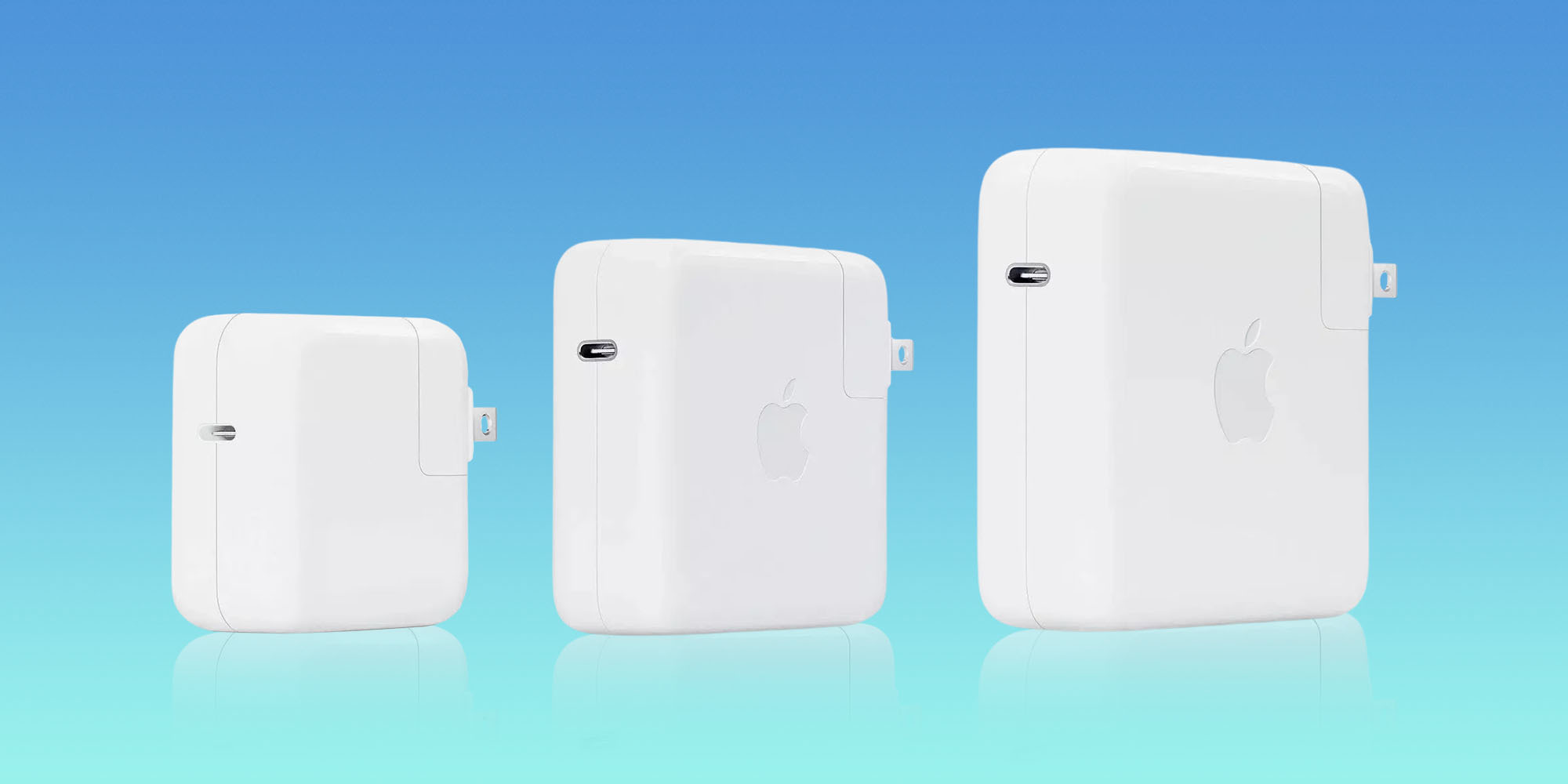
Suggestions to quick cost iPhone normally embrace selecting up the 20W energy adapter from Apple or related. However what about utilizing a higher-powered USB-C charger out of your MacBook Professional or MacBook Air? Comply with alongside for which iPhones and iPads you’ll be able to quick cost with Apple’s MacBook chargers or third-party choices.
Quick charging affords as much as 50% battery in half-hour. However selecting up a brand new USB-C to Lightning cable and 20W charging block from Apple prices $40. Third-party choices value much less, however what about utilizing one thing you have already got?
The excellent news is that fashionable iPhones and iPads work with all MacBook USB-C chargers, even as much as the 140W mannequin.
Whereas it could sound unusual, it’s protected to make use of Apple’s higher-powered USB-C chargers, as your iPhone or iPad is what determines the facility it receives, not the charger. Apple even does testing with the entire vary of its USB-C energy adapters.

Word: relying on the present capability of your battery, your gadget will pull totally different ranges of energy. For instance, a battery charging at 10% will draw extra energy than one at 80%.
Are you able to quick cost iPhone with MacBook charger?
Apple says the next iOS units are appropriate with its 18W, 20W, 29W, 30W, 61W, 87W, 96W, and 140W adapters for quick charging:
- iPhone 8/8 Plus and later
- iPad Professional 12.9-inch (1st era and later)
- iPad Professional 11-inch (1st era and later)
- iPad Professional 10.5-inch
- iPad Air third era and later
- iPad mini fifth era and later
Apple notes you should utilize its USB-C cable or that “a comparable third-party USB-C energy adapter that helps USB Energy Supply (USB-PD)” will even work like Anker’s Powerline collection (Lightning or USB-C to USB-C).
If you happen to’re on the lookout for a extra versatile USB-C charger or need an additional, Anker’s 40W dual-port USB-C charger and 65W 3-port charger are nice selections to quick cost iPhones and iPads concurrently.
Learn extra 9to5Mac tutorials:
